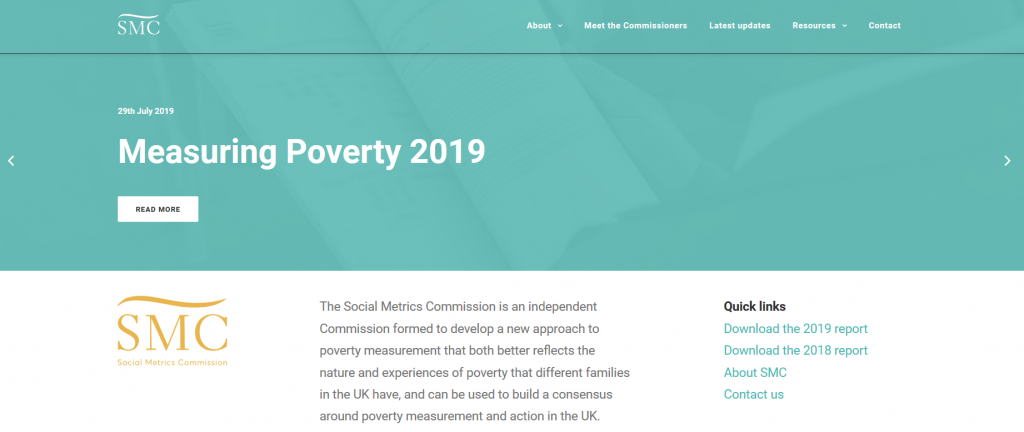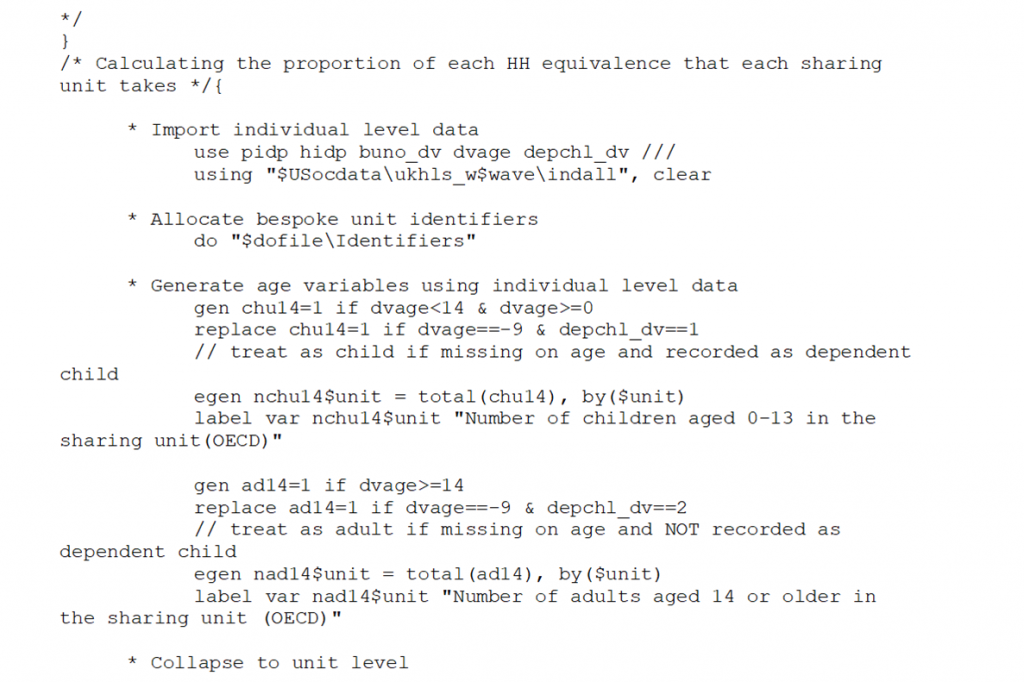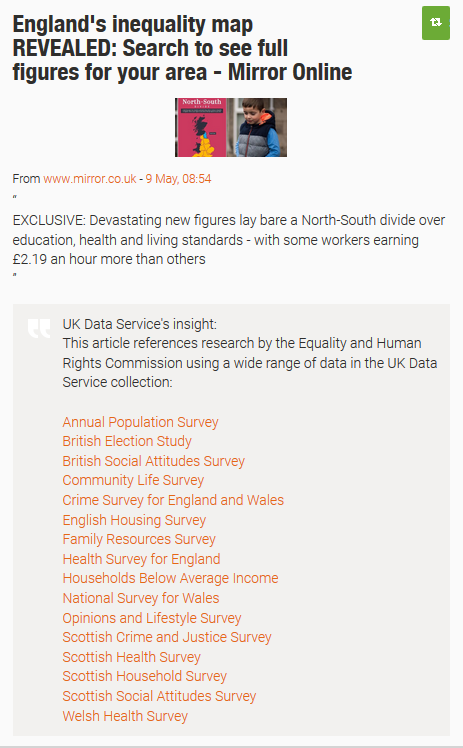The theme for International Open Access Week 2019 is “Open for Whom? Equity in Open Knowledge”. International Open Access Week is a global event established in 2008.
International Open Access week inspires open access supporters to share the benefits of Open Access and promote Open Access as a default practice in the research community:
“As the transition to a system for sharing knowledge that is open by default accelerates, the question ‘open for whom?’ is essential—both to consider and to act upon.
Whose interests are being prioritised in the actions we take and in the platforms that we support? Whose voices are excluded?
Are under-represented groups included as full partners from the beginning? Are we supporting not only open access but also equitable participation in research communication?
These questions will determine the extent to which emerging open systems for research will address inequities in the current system or replicate and reinforce them.”
Open by default
These are big questions. At the UK Data Service we focus on offering a ‘system for sharing knowledge that is open by default.’
The Director of the UK Data Service and UK Data Archive, Professor Matthew Woollard was part of the working group for the development of the UKRI supported Concordat on Open Research Data (PDF, 178KB), developed by a UK multi-stakeholder group to provide expectations of best practice reflecting the needs of the research community.
The Concordat principles recognise that research data should wherever possible, be made openly available for use by others in a manner consistent with relevant legal, ethical, disciplinary and regulatory frameworks and norms, and with due regard to the cost involved. Implementing the Concordat principles is central to our approach and we strive to do this through:
- Our model for data access: We are part of a European network where rich and detailed metadata can be harvested for data sharing through the Open Archives Initiative Protocol for Metadata Harvesting (OAI-PMH). Data in the collection are offered through one of three routes:
- Open data: Data under an ‘open licence’ are data which are not personal and have relatively few restrictions to use. Neither login nor registration are required for these data collections. You can browse our Data Catalogue for our open data collections and then download or access them directly.
- Safeguarded data: Data licensed for use in the ‘safeguarded’ category are not personal, but the data owner considers there to be a risk of disclosure resulting from linkage to other data.
- Controlled data: Controlled data are data which may be identifiable and thus potentially disclosive and are available to users who have been accredited and their data usage has been approved by the relevant Data Access Committee. Controlled data require registration/authentication, a depositor’s licence and a secure access agreement. If data available at a lower level licence could be used (e.g. open data or safeguarded data), we encourage the quicker route to the data.
- Our advice and training: We offer a range of training and resources:
- information about the data we hold
- information on managing and depositing research data
- Our guides and video tutorials
- Our teaching resources
- Face-to-face and online training events.
- Our impact and communications: We have created a range of dedicated impact and communication channels to develop and enhance our impact activity and our profile. These channels help us promote the Service’s and others’ impact in a range of ways, helping achieve our impact objectives in the areas of communicating, promoting and building impact:
Whose interests?
So, whose interests are being prioritised in the actions we take and in the platforms that we support? Whose voices are excluded?
While it’s good to set out how we offer a ‘system for sharing knowledge that is open by default,’ this post cannot be another promotional opportunity. It’s important to look at how all this works in practice. Many of the data we make available are used in research and policy development focused on inclusion; on asserting visibility and giving voice.
Our ScoopIt enables us to see how research and policy development using the data reach people in an inclusive, equitable and consumable way. The table shows how often the data appear in research with relevance to policy and above all, to people:
These are the top fifteen or so, there are thousands more uses. Our ScoopIt monitoring is not a scientific process. We set up alerts and look through the media, in the UK and internationally, to collect uses of data available in the UK Data Service collection. We cannot be sure we capture all the media coverage – but data usage numbers as evidenced through our ScoopIt, average a thousand a year across the collection.
Reproducible research key to Open Access
What is noticeable is that many, particularly policy-focused research projects use a number of datasets in their work. An example from the Equality and Human Rights Commission (EHRC), ‘Is Britain Fairer? 2018’ is a ‘state-of-the-nation’ report produced by the EHRC every three years.

The Report covers progress in relation to outcomes in education, health, living standards, justice and security, work and participation in politics and public life. Is Britain Fairer? 2018 makes recommendations to address the key equality and human rights issues identified.
The 48 data tables in the Measurement Framework which support the statistical measures in Is Britain Fairer? 2018 are organised across the six areas of:
- education
- health
- justice
- living standards
- participation
- work
Of the 48 measures, 33 use data in the UK Data Service collection across the six domains:
The Social Metrics Commission (SMC) is an independent Commission formed to develop a new approach to poverty measurement that better reflects the nature and experiences of poverty that different families in the UK have. The measurement framework will be used to build a consensus around poverty measurement and action in the UK.

Alongside the report, the Commission has published the underlying code upon organisational identification and agreement to its terms and conditions, and an accompanying user guide that can be used to create the Commission’s measures of poverty using Understanding Society, Family Resources Survey (FRS) and Households Below Average Income (HBAI) data.
The code used to construct the SMC’s poverty measures was created using STATA and is written in a series of do-files. These are arranged in two separate folders as follows:
- FRS and HBAI code – covers the code that produces the SMC’s core poverty measure, measures of depth and selected Lived Experience Indicators, all of which rely on data from the Family Resources Survey (FRS) and Households Below Average Income (HBAI).
- Understanding Society code – covers the code that produces the SMC’s measure of poverty persistence and the remaining Lived Experience Indicators, which rely on Understanding Society data.
Not only does the SMC cite the data and publish the aggregated results tables, the approach enables a range of analysts and researchers to both recreate the Commission’s analysis and also extend and further analyse UK poverty based on its approach. This is indeed wonderful to see and here is an excerpt I’ve extracted from the do-files:

Matthew Woollard said:
Reproducibility is a critical part of the research lifecycle and open access, it forms the basis of FAIR (findable, accessible, interoperable and reusable) practice and contributes to social, cultural and economic impact. We are proud to see examples of open access in action and open research focused on some of the most important challenges we face.
Happy International Open Access Week! #OpenAccessWeek #OAWeek #CiteTheData
About the author
Dr Victoria Moody is Co-Investigator, Deputy Director and Director of Impact at the UK Data Service.

